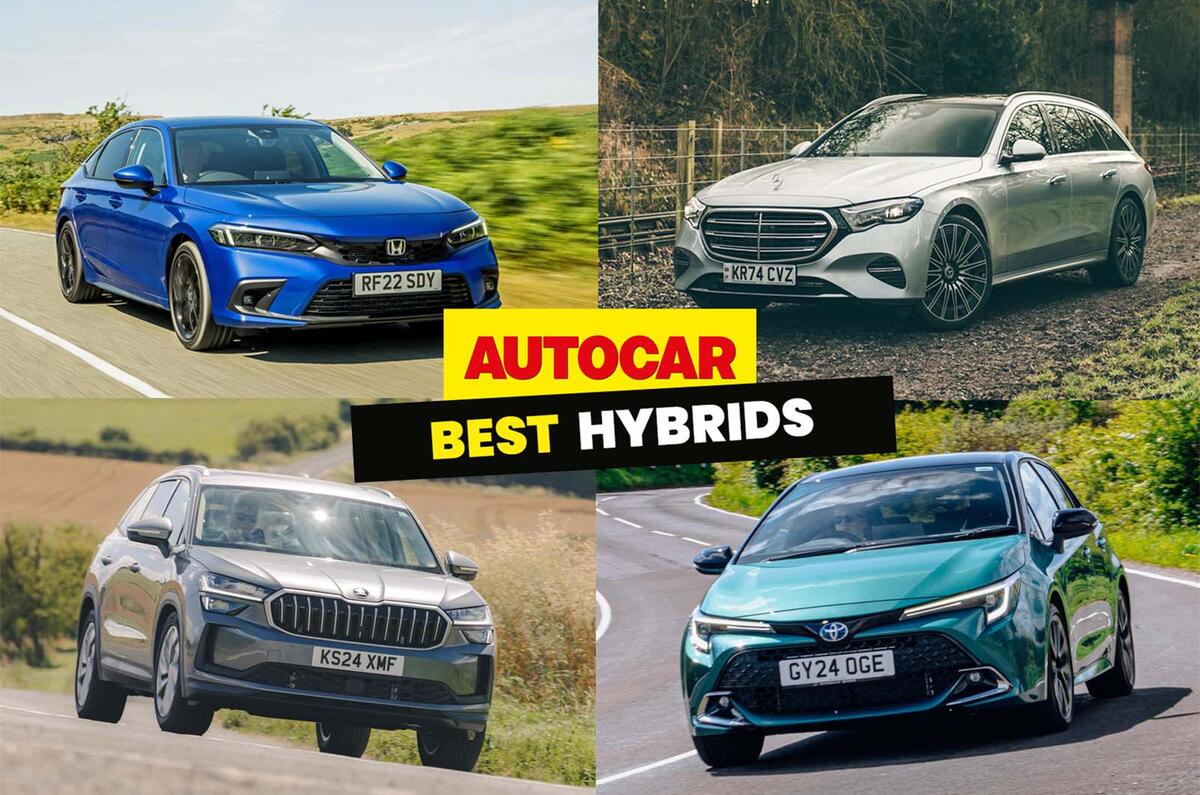Recent world events have resulted in some good news for the buying public: new hybrid cars can now be sold in the UK until 2035.
At one point it looked like the powers that be would turn off the new hybrid supply in 2030. But why should you care?
Well, dear reader, hybrids deftly combine green emission ratings with low running costs and the ability to fill up in mere moments from a pump.
Appealing to private buyers and company car owners alike, the commercial success of hybrids has been quite a thing to witness over the past couple of decades.
Hybrids are popular for several reasons. They can save you money at the petrol pump and even significantly drive down how much benefit-in-kind (BIK) company car tax you pay.
That's because hybrids boast lower emissions ratings, while others provide a useful electric-only range that helps make most of your daily motoring emissions-free.
We rate the Toyota Corolla as the best hybrid money can buy. It’s a car with a truly commendable reputation for reliability, and it offers huge MPG figures without the need to plug in.
Best for: daily economy
Toyota is now well advanced with normalising hybrid power, and no car on sale does it better than the Corolla.
It combines a healthy dose of visual style with strong perceived cabin quality and has been dynamically developed and tuned – quite successfully – for distinguishing ride and handling sophistication.
In its range-topping 2.0-litre hybrid form, it even performs with a bit of sporting edge. Alternatively, the more humble 1.8-litre hybrid (which even comes in Corolla Commercial van form, for those who need it) will routinely return a day-to-day 70mpg if you drive with one eye on efficiency.
All-round ownership credentials mean Corolla owners can feel equally as good about owning and driving as they do about their outgoings at the pump.
Read our Toyota Corolla review











Join the debate
Add your comment
Surprised the Lexus NX450h did not makethe list..
Appeal to private buyers to save money says auto car, really. Golf Match petrol 28k, phev Match 36k.
Just how long would a 15mpg advantage, minus electricity, minus interest on the extra 8k take to recoup.
Hybrids made sense 15 years ago, before affordable longrange EVs arrived. Now hybrids are unecessary because buyers are better off going fully electric. EVs are cheaper to run, cheaper to service, far less polluting and massively more fun to drive. Hybrid was simply a bridging technology that is no longer needed.